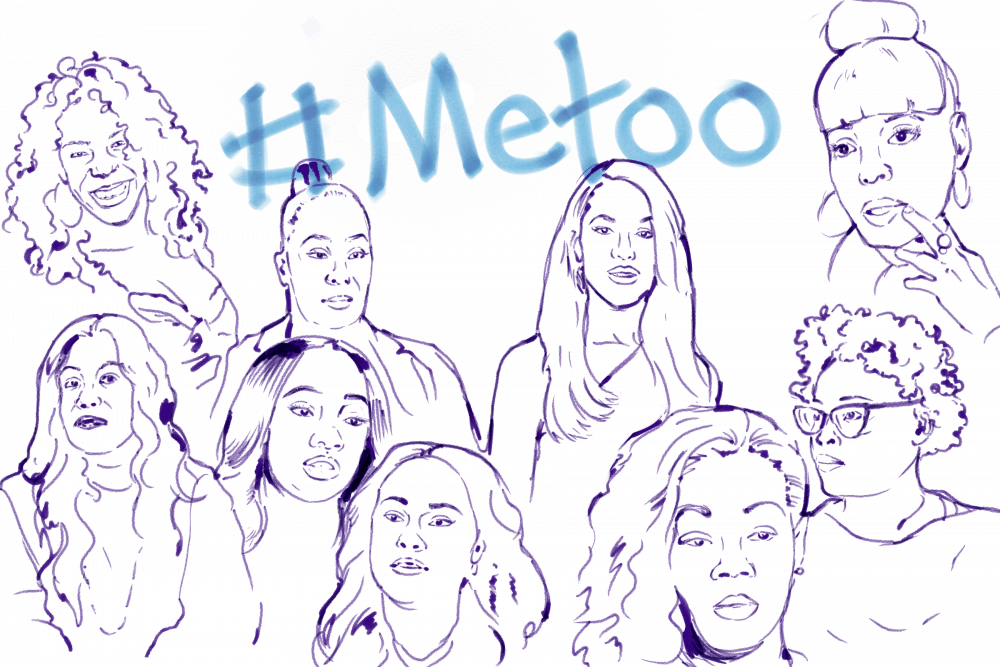“Surviving R. Kelly,” a recent docuseries, has placed a spotlight on singer-songwriter R. Kelly and his repeated sexual misconduct. Kelly has a decades-long history of accusations against him, including many allegations involving underage girls.
Most recently, there have been allegations of Kelly threatening one of his alleged victims.
Much of the information in this docuseries became available in a Buzzfeed article from 2017 detailing accusations that Kelly was holding women against their will.
But the public outcry against Kelly has never rivaled that of recent weeks. This begs the question: why did we let him get away with it for so long?
Ultimately, even after the release of this new docuseries, little has successfully addressed what Kelly has done.
We must also confront our neglect of black women and girls. According to a report from Georgetown University law school’s Center on Poverty and Inequality, our society presumes black girls are inherently less innocent than white girls. This results in us excusing this sort of predatory behavior, whether it be conscious or not.
We do not protect black women and girls as fiercely as we do white women and girls. If one of Kelly’s victims had been white, it’s incredibly likely he would have faced more backlash and real consequences, and it probably wouldn’t have taken this long.
Frankly, this is inexcusable on our part. It’s time to start listening to and taking care of black women.
There’s a culture of complicity in regards to predatory behavior. So often it’s written off as a fact of life, and it’s time for that to stop.
People are reluctant to remove Kelly’s hit, “Ignition,” from their playlists, insisting they can separate the art from the artists, or simply not caring.
In fact, there has been over 500,000 streams of Kelly’s music since the airing of the docuseries.
Regardless of a listener’s association between song and artist, streams correlate to money, and listening to a predator’s music puts cash in his pocket. Furthermore, it sends the message that these behaviors are excusable and can be ignored.
It’s not just the listeners who are at fault, though. Many in the industry has collaborated with Kelly.
Some former collaborators have denounced Kelly and pulled their collaborations with him since the release of the docuseries, but the question stands, why not come forward after Buzzfeed highlighted what was going on in 2017?
It would seem that Kelly crossed the line in these artists’ eyes when his actions detrimentally affected their income. Celebrities seem to have only begun distancing themselves from Kelly once it was seen as a profitable action for their careers.
Former collaborators taking these actions is undoubtedly preferable to them staying silent, but it’s disappointing that it took this long.
The culture of complicity must end. We must hold celebrities, our peers and ourselves responsible. Change is up to us. We must show we care.




